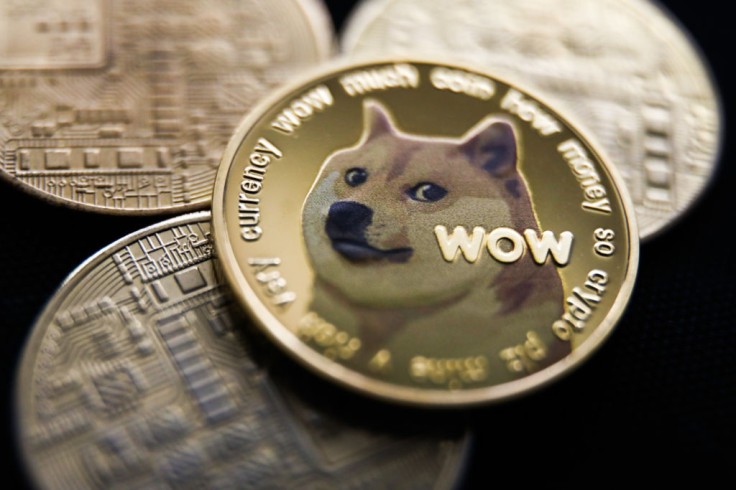
Commission-free stock trading service Robinhood Markets, Inc. cautioned investors Thursday that its business would deteriorate if the value of the meme-based cryptocurrency Dogecoin plummets.
In its filing for its Initial Public Offering (IPO), Robinhood said Dogecoin accounted for 34 percent of its cryptocurrency transaction-based revenue in the first quarter of 2021. It rose from four percent in the last quarter of 2020, CNBC reported.
Dogecoin value had been boosted in recent months primarily by tweets from Tesla CEO Elon Musk, who just tweeted on Thursday "Release the Doge!"
Dogecoin Value Slowdown Would Hurt Robinhood Business
A steep decline in demand, Robinhood said in its IPO filing, would hurt its business. It emphasized other factors that would lead to a slowdown such as "negative perceptions about Dogecoin" or the rise in the "availability of Dogecoin on other platforms."
In its S-1 filing with the U.S. Securities and Exchange Commission, Robinhood said a large share of its revenue growth in cryptocurrency transactions is "attributable to transactions in Dogecoin," a report on The New York Post said.
Meanwhile, per CNBC, Dogecoin-based income accounted for six percent of Robinhood's overall income in in the first quarter, with crypto making up 17 percent. Robinhood also offers other cryptocurrencies, including Bitcoin, Ethereum and Litecoin.
Read Also : Dogecoin Price Today Falls, But Billionaire Sam Bankman-Fried Still Calls It 'Asset of 2020-2021'
Robinhood's first quarter revenue rose to $87.6 million from $4.2 million year-on-year.
Dogecoin reached its highest price in early May at $0.73, as Musk boosted bull trading with a barrage of tweets. It had since underwent a dizzying pace of volatility, with the joke coin hitting its all-time low of $0.17 when China extended its cryptocurrency ban in June.
Dogecoin Value Up 0.34 percent in Last 24 Hours, 10,000% year-on-year
Dogecoin is up 0.34 percent in the last 24 hours to $0.24 as of time of writing, Coindesk posted. It has soared 10,000 percent from the same period last year, The New York Post cited Coinbase data.
The coin began as a prank in 2013 by Billy Markus and Jackson Palmer, who fused popular online themes--cryptocurrency and the Doge meme bearing a Shiba Inu puppy--to tweet a joke. It has since been made a real cryptocurrency with rising value through the years.
Robinhood first introduced crypto trading in 2018 with transactions ballooning in recent years. Robinhood earns its revenue from crypto by "routing orders to market makers" that would then offer "competitive pricing" and get a percentage from the order, per CNBC.
Digital assets on the Robinhood platform rose year-over-year from $480.7 million to $11.6 billion, with total revenue skyrocketing 309 percent in the quarter from $128 million a year earlier to $522 million.
Robinhood also faced scaling problems, as it revealed in its filing. It said it encountered partial service outages and degraded service during the massive crypto trading surge in late April to early May.
In a Bloomberg report, Robinhood co-founders Vlad Tenev and Baiju Bhatt defended customers on the manner they are portrayed in media. They said they are "proud to serve the next generation of investors," adding that it pains them to see these investors "continually lambasted in media reports."









